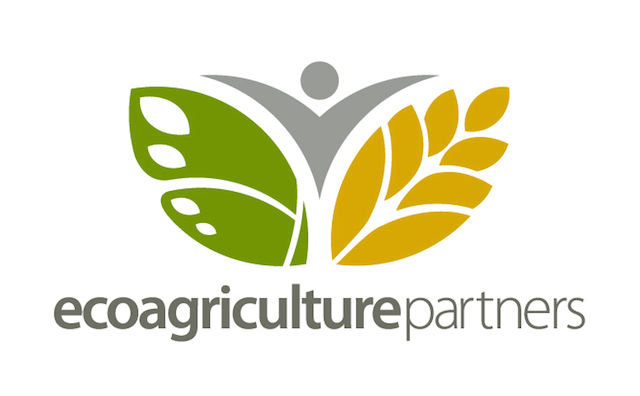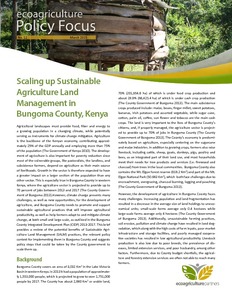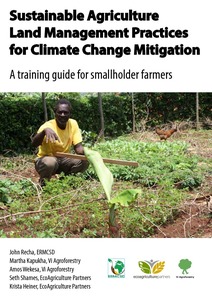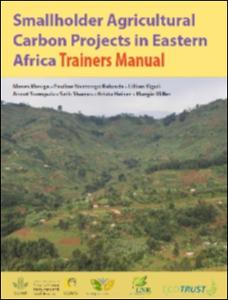Location
Our Vision
EcoAgriculture Partners strives for a world where agricultural communities manage their landscapes to simultaneously enhance rural livelihoods, conserve biodiversity and ecosystem services, and sustainably produce crops, livestock, fish, and fiber.
Our Mission
To support diverse individuals and organizations at the local, national and international levels to promote sustainable landscapes worldwide. Read our Strategic Plan
Our Values
EcoAgriculture Partners emphasizes respect for cultural diversity and self-determination. We work with a wide range of partners and collaborators – from farmers and community organizations to international businesses, policy makers, and donors – providing direct support, education, training, research, and policy analysis to help these groups participate in and benefit from effective landscape management.
Members:
Resources
Displaying 1 - 5 of 5Guidelines: assessing landscape governance – a participatory approach
Landscape governance relates to how rules and decision-making address overlapping claims and conflicting interests in the landscape. It also relates to how rules and decision-making encourage synergies among stakeholders and stimulate the sustainable management of the landscape. In order to achieve sustainable landscape development, it is crucial to understand how governance processes are organized, and how this influences the decisions and behaviour of actors in the landscape.
Building local institutional capacity to implement agricultural carbon projects: participatory action research with Vi Agroforestry in Kenya and ECOTRUST in Uganda
Background: Smallholders have begun to take advantage of a growing pool of investment in climate change mitigation. Meanwhile, early movers in this area are working to develop innovative models that will allow projects to be nancially sustainable and scalable while bene ting local actors. This study focuses on two of these projects in East Africa, managed by Vi Agroforestry in Kenya and ECOTRUST in Uganda. They engaged in a participatory action research process to identify ways that local actors could take on expanded roles within the projects.
Scaling up Sustainable Agriculture Land Management in Bungoma County, Kenya
Agricultural landscapes must provide food, fiber and energy to
a growing population in a changing climate, while potentially
serving as instruments for climate change mitigation. Agriculture
is the backbone of the Kenyan economy, contributing approximately
25% of the GDP annually and employing more than 75%
of the population (The Government of Kenya 2010). The development
of agriculture is also important for poverty reduction since
most of the vulnerable groups, like pastoralists, the landless, and
Sustainable Agriculture Land Management Practices for Climate Change Mitigation: A training guide for smallholder farmers
The manual was created specifically for use in the Western Kenya Smallholder Agricultural Carbon project, managed by the Swedish NGO Vi Agroforestry, which is the test case for the first Voluntary Carbon Standard (VCS) methodology for generating carbon credits by building organic matter in agricultural soils. The project aims to provide support to farmers as they implement the sustainable agricultural and management (SALM) practices which generate the carbon credits within the project.
Smallholder Agricultural Carbon Projects in Eastern Africa
This manual has been developed to help build the capacities of farmers, farmers groups, extension staff and project managers who are implementing agricultural carbon projects in Eastern Africa. The manual describes the steps for implementing an afforestation/reforestation voluntary carbon project based on the Plan Vivo Standard.






